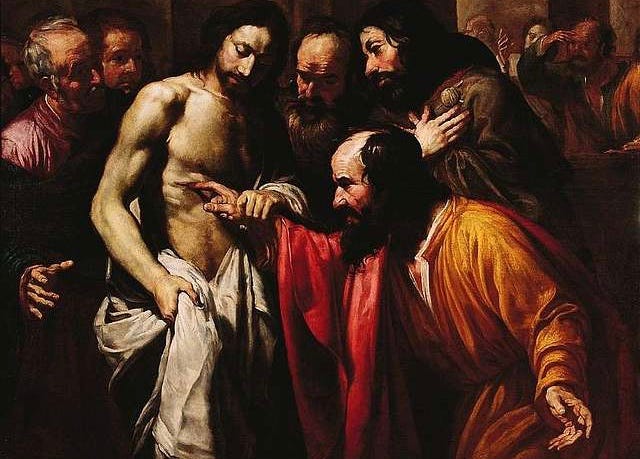Introduction
As I worked on this Gospel Enquiry, I found myself wondering if Cardinal Joseph Cardijn ever wrote about the place of doubt in the faith life of the young worker. When I did a search in Challenge to Action, this is what I found:
…each leader must develop a personal sense of faith. Each one must believe in his or her vocation in such a way that they can never doubt it, whatever anyone else thinks or says. Each one must have a firm and steadfast faith in the divinity of Our Lord and in His call and His support. When He calls, there is nothing more to fear. As long as the Apostles doubted, they kept falling but as soon as they believed, they went to prison, torture, and death. They had the strength of Christ through faith in Christ. (From Lecture III: “The Mystery of Vocation”. In The Young Worker Faces Life, the 1949 Godinne Lecture Series delivered by Fr Joseph Cardijn, founder of the Young Christian Workers Movement (YCW))
Cardijn links faith and doubt and encourages the young leaders in YCW to develop a “firm and steadfast faith.” Earlier in his lecture, Cardijn outlined the development of a lay spirituality that draws on the Tradition of the Church and its sacraments, particularly the Eucharist.
I remain confident that Cardijn saw the Gospel Enquiry as a spiritual tool in the kit used by lay apostles. In the same lecture, he emphasises that young Christian workers “share in an apostolate and must act as apostles in working-class life.” May this Gospel Enquiry be practised in this way.
The Gospel
Thomas, called the Twin, who was one of the Twelve, was not with them when Jesus came. When the disciples said, ‘We have seen the Lord’, he answered, ‘Unless I see the holes that the nails made in his hands and can put my finger into the holes they made, and unless I can put my hand into his side, I refuse to believe.’
Eight days later the disciples were in the house again and Thomas was with them. The doors were closed, but Jesus came in and stood among them. ‘Peace be with you’ he said. Then he spoke to Thomas, ‘Put your finger here; look, here are my hands. Give me your hand; put it into my side. Doubt no longer but believe.’ Thomas replied, ‘My Lord and my God!’ Jesus said to him: ‘You believe because you can see me. Happy are those who have not seen and yet believe.’ (John 20:24-29)
The Enquiry
See
Retell the Gospel story in your own words. Can you recall other “doubt” stories in the Gospel?
“Seeing is believing”: Is this your view of the world? What impact has this view had on the world? On being a religious person?
What does Jesus’ response to Thomas reveal about his attitude towards those who have doubts about him?
Judge
What do you think about what happens in this Gospel scene?
What would life be like if everyone you know lived by Jesus’ statement: “Happy are those who have not seen and yet believe”?
What is there in this Gospel scene that you find challenging?
Act
What do you want to change in the world to be in solidarity with Jesus?
What small action can you carry that will contribute to the change you want to see?
Who can you involve in your action, when, where and how often?
Image Source: Giovanni Serodine (Creator), Doubting Thomas, National Museum of Warsaw, Picryl, PDM 1.0
Worth Reading: Cardijn, J. (2020). Challenge to Action: Forming Leaders for Transformation. This is a collection of Cardijn’s lectures, originally translated into English by Fr Eugene Langdale and updated by Dr Stefan Gigacz. You may obtain a copy here. If you choose to download it, please consider making a donation to the Joseph Cardijn Digital Library to support its further development.



Excellent. Given our world today, especially the crisis we face in the US, this posting was spot on! All too often, in times of stress and trial, we doubt whether God is truly with us. We need a contemplative revolution to revitalize the spirit of Cardijn and others, bringing about the kingdom of God here and now.